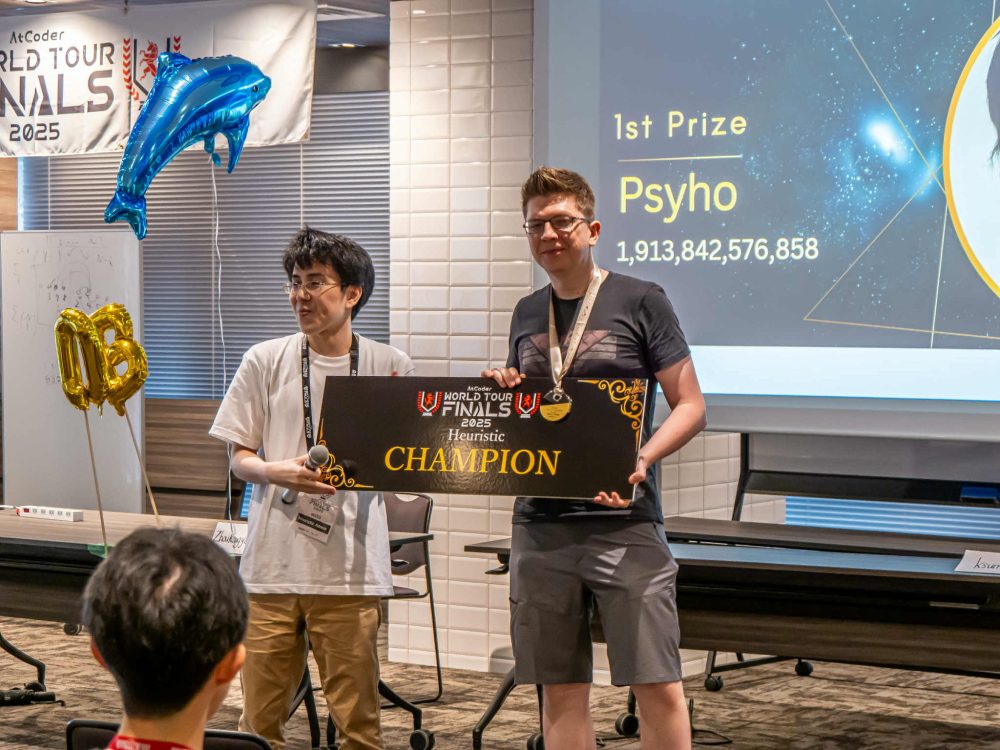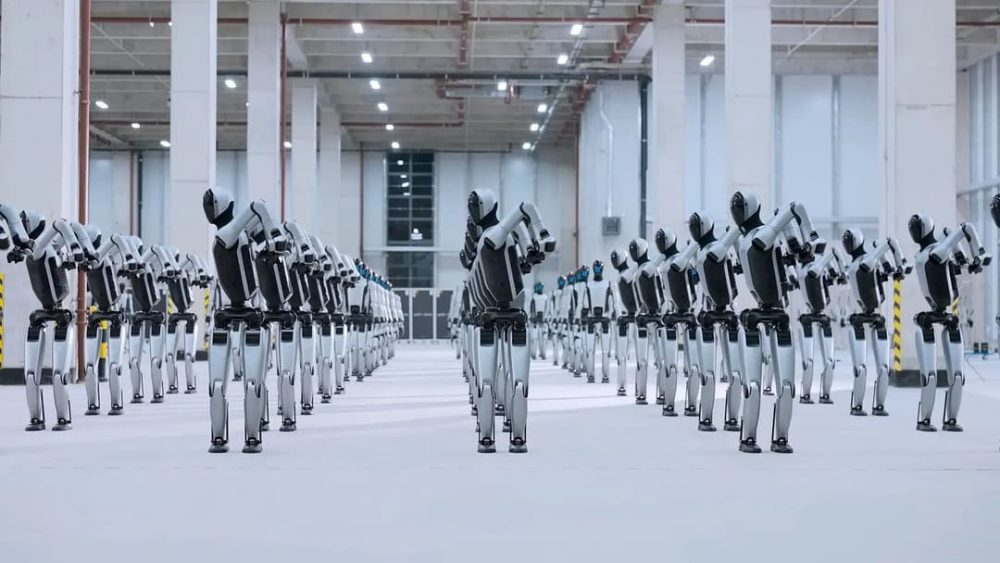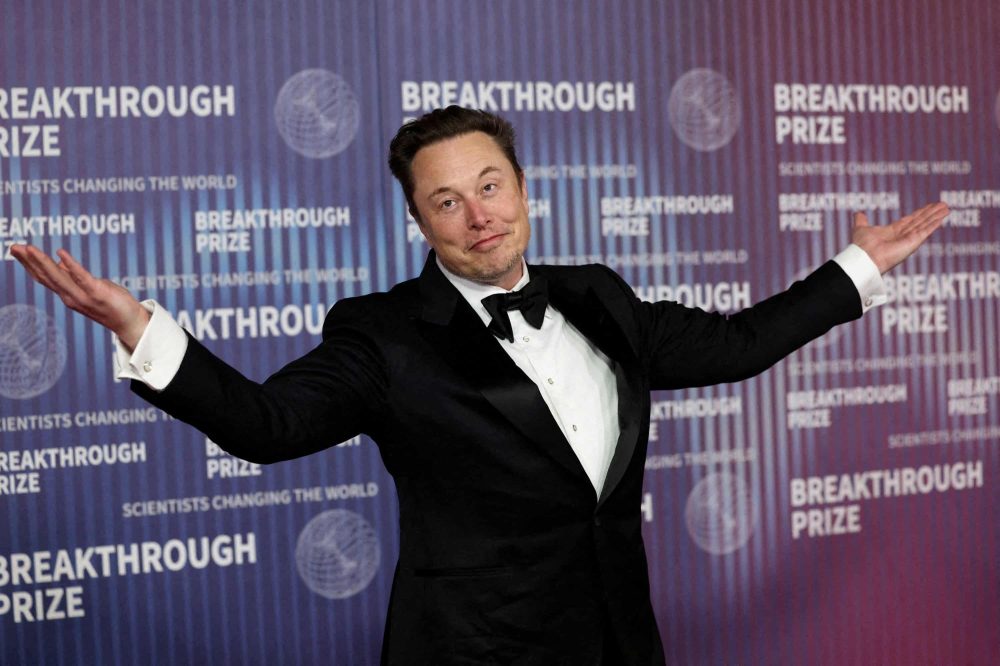In a world that increasingly wonders when the machines will finally outpace us, one exhausted Polish programmer just reminded us that humans still have a heart. At the AtCoder World Tour Finals 2025 in Tokyo, Przemysław Dębiak, better known in coding circles as “Psyho,” did what may soon be unrepeatable: he beat a powerful OpenAI model in a 10-hour head-to-head coding battle.
It was an intense heuristic optimization marathon, a problem with no perfect answer, just better and better guesses under severe time pressure. And for once, carbon beat silicon.
Code, Sweat, and Endurance
The contest rules were equal: the same hardware, the same environment, and the same time limits. Psyho, running on just 10 hours of sleep over three days, dragged himself across the finish line with a staggering 1.8 trillion points, outscoring the AI model’s 1.65 trillion by 9.5%.
This wasn’t a prompt-and-go coding task. This was algorithmic warfare, brute logic, real-time strategy, and relentless debugging. This was what AI claimed to do better.
Not Just a Victory; A Symbol
Dębiak’s win isn’t just a scoreboard detail; it’s a human moment. Like John Henry racing the steam drill, he proved that a lone human, fueled by grit and instinct, can still outthink the machine. But just like that 19th-century legend, the celebration carries weight. This might not happen again.
The model he beat wasn’t some casual coding bot. It was a custom, tournament-tuned AI, likely akin to OpenAI’s o3 family, built for long-horizon strategic reasoning. And it didn’t just show up, it dominated the other ten human finalists, each of whom had earned their place through a year of competitive rankings.
One Victory, a Dozen Warnings
“Humanity has prevailed (for now!) I’m completely exhausted… I’m barely alive,” Dębiak wrote on X. The comment wasn’t just exhaustion, it was foreshadowing. While OpenAI’s model placed second, it wasn’t far behind. And next time, it won’t be tired.
This victory feels less like the start of a trend and more like a line in the sand. A final chapter in which humans still surprise with creativity, adaptability, and just enough madness to win. The kind of result that no transformer model can quite predict.
The Rise of AI in Code Is Unstoppable But Not Yet Complete
The 2025 Stanford AI Index Report shows how quickly the tide is rising: in just one year, AI coding accuracy jumped from 4.4% to 71.7% on SWE-bench, a benchmark designed to measure real-world programming ability. Tools like GitHub Copilot and Cursor now appear in over 90% of professional workflows, transforming how developers approach their craft.
This AtCoder showdown gave us a glimpse of what’s next: AI not as an assistant, but as a competitor, unblinking, tireless, endlessly iterating. The machines aren’t just copying code anymore. They’re learning how to fight for the best solution.
And while AI placed second this time, it only has to run this race once to learn everything.
One for the Humans
So yes, this was a win, but also a prelude because the next model will be faster, wiser, and tireless.
What Dębiak achieved wasn’t just a technical win; it was a cultural moment, one that belongs to all of us who still believe that ingenuity, willpower, and sleep-deprived stubbornness can sometimes outshine an algorithm. And if this is the last time a human beats the machine on pure skill alone? Then let it be remembered as the day we earned our lead, not because we’re stronger, but because we’re still unpredictable.


